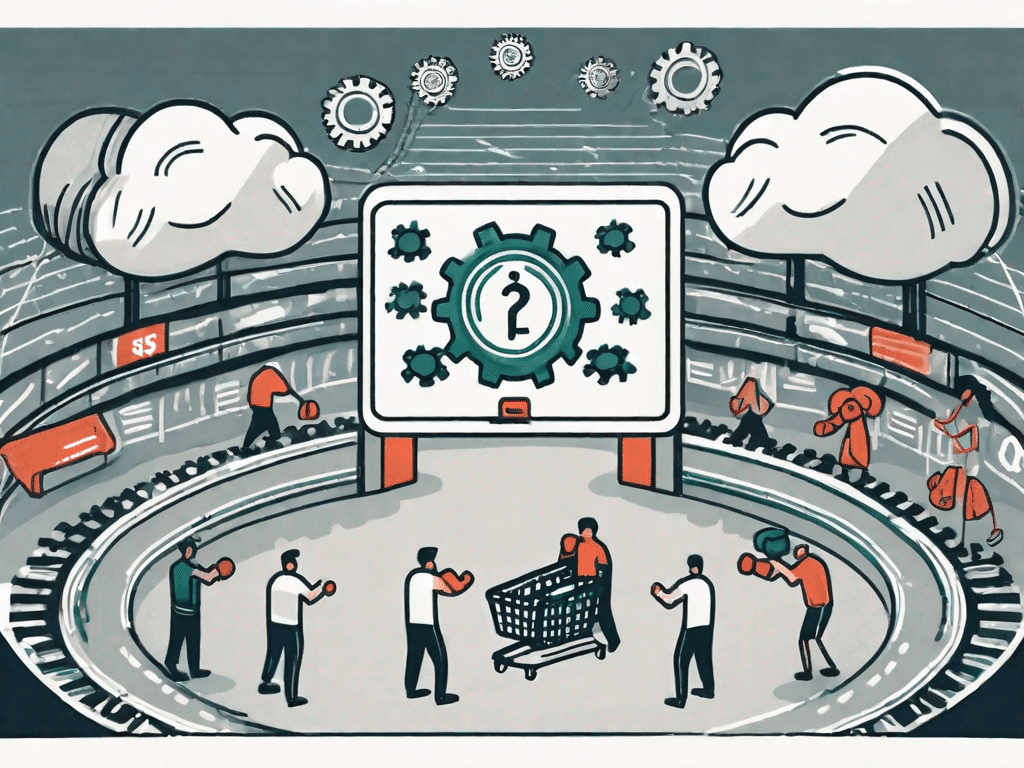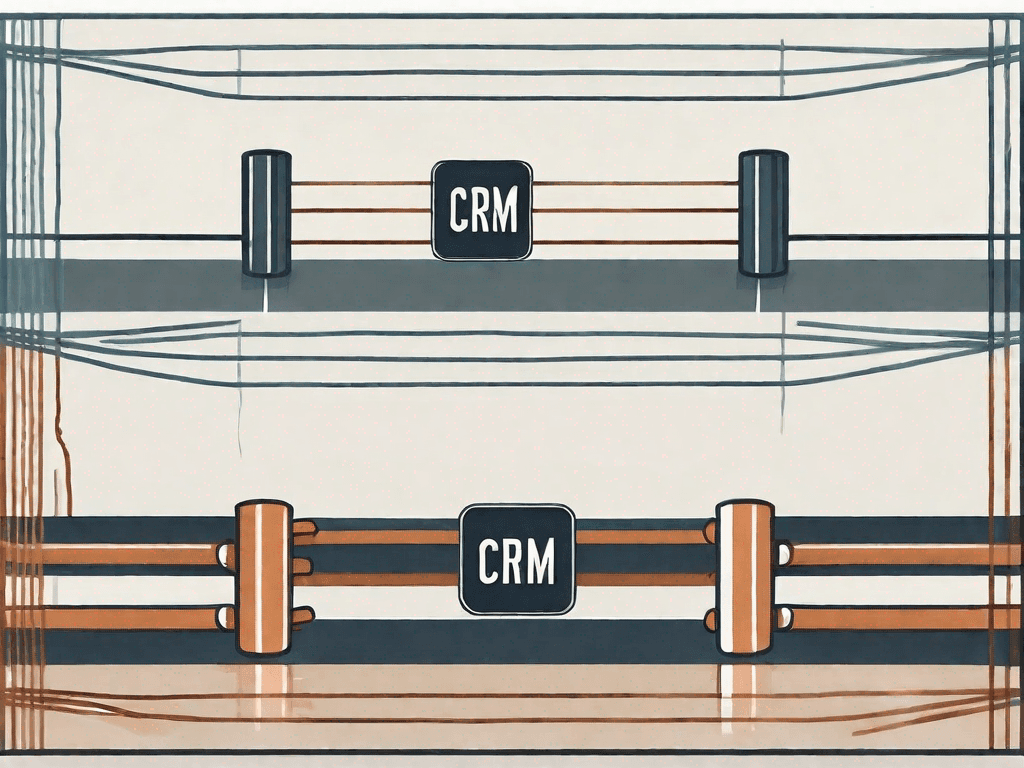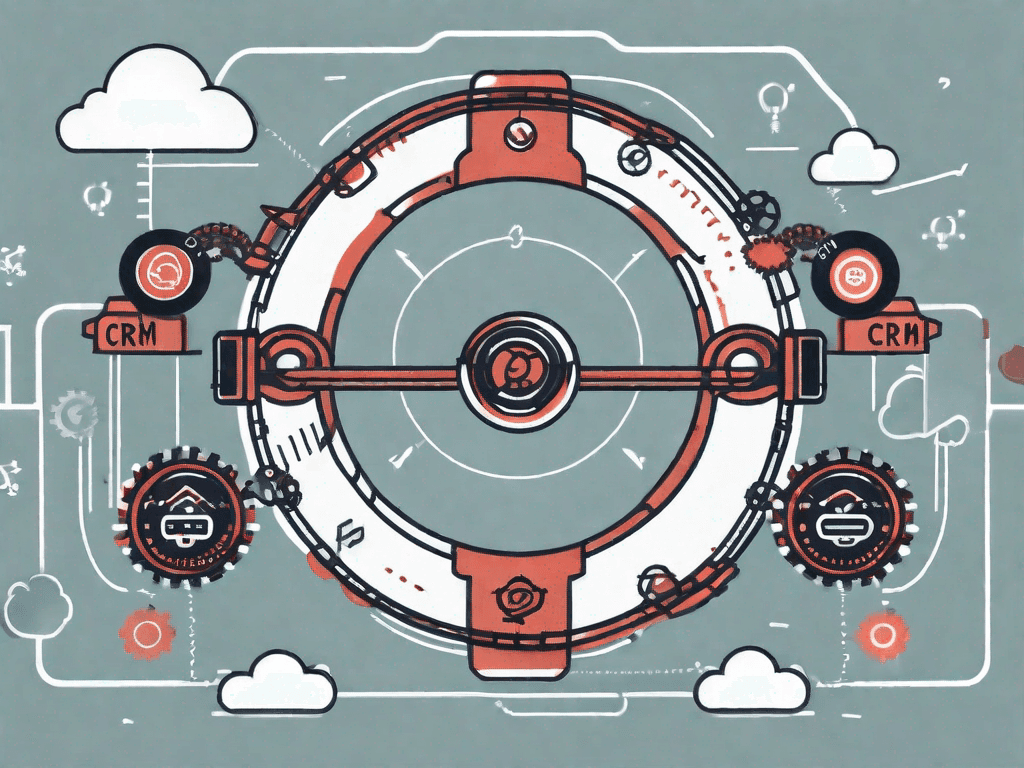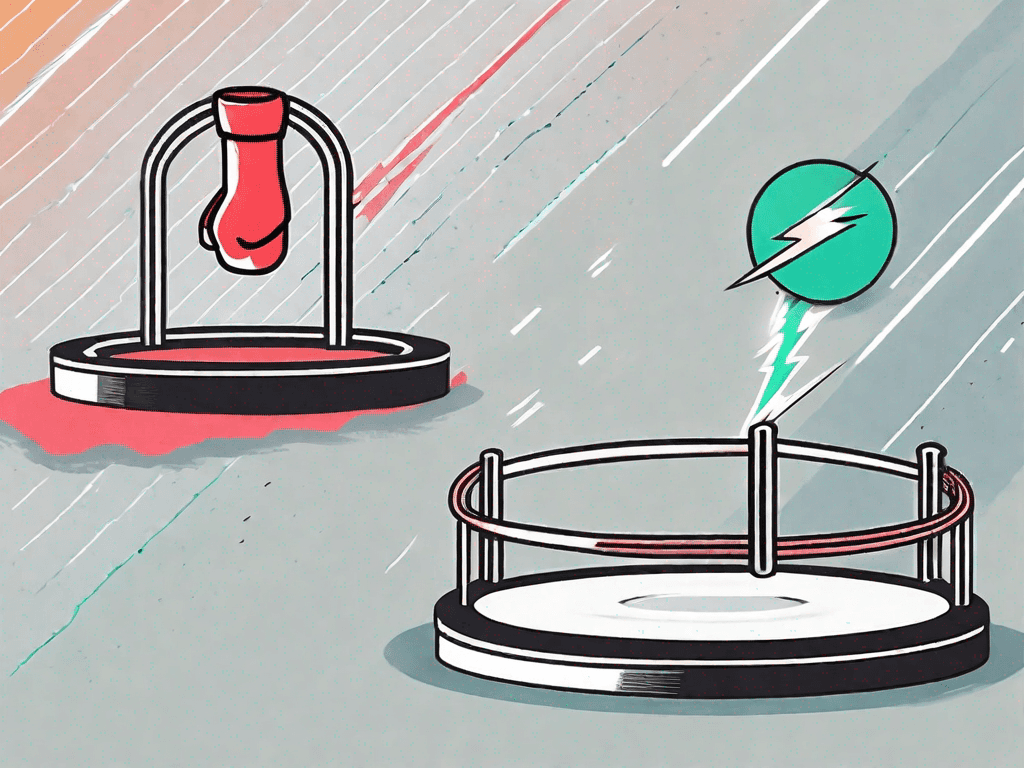Notion has gained popularity as a versatile productivity tool, but it falls short when used as a Customer Relationship Management (CRM) system. While it may seem like a convenient solution for managing customer relationships, there are several limitations that make it inadequate for this purpose. In this article, we will explore why Notion is not an ideal CRM and suggest alternatives that can better meet your needs
The Limitations of Notion as a CRM
Although Notion offers a range of features that make it appealing for various tasks, it lacks specific functionalities that are critical for effective CRM. Let's delve into some of these limitations:
1. It's not designed to Drive Sales
While Notion excels in note-taking and project management, it falls short when it comes to supporting sales activities. The absence of features such as lead management, opportunity tracking, and pipeline visualization hampers the sales process. These functionalities are essential for sales teams to stay organized, prioritize leads, and track progress.
For example, a dedicated CRM system would allow sales teams to easily track and manage leads, assign tasks, and monitor the progress of deals through different stages of the sales pipeline. Notion, on the other hand, lacks these specific sales-focused features, making it less suitable for businesses that heavily rely on sales activities.

Additionally, a comprehensive CRM system would provide sales teams with tools for lead scoring, territory management, and forecasting, which are crucial for driving sales growth. Notion's focus on note-taking and project management means that these advanced sales features are not available.
2. Lack of Automation Features
Automation plays a vital role in streamlining CRM processes, freeing up time for more valuable tasks. Unfortunately, Notion lacks the automation features commonly found in dedicated CRM systems. Tasks such as lead nurturing, email automation, and workflow automation are not available, making it cumbersome to manage and nurture customer relationships efficiently.
In a dedicated CRM system, automation features enable businesses to automate repetitive tasks, such as sending follow-up emails, updating contact information, and triggering notifications for important events. These automation capabilities save time and ensure that no important customer interactions are missed. However, Notion's focus on note-taking and project management means that it does not provide these automation features, making it less efficient for managing customer relationships.

Furthermore, automation features in a CRM system can also help businesses streamline internal processes, such as task assignment, data entry, and collaboration. Notion's lack of these automation capabilities means that businesses may need to rely on manual processes or integrate with other tools to achieve similar efficiencies.
3. Limited Reporting and Analytics
Understanding the health and performance of your customer relationships is integral to effective CRM. However, Notion does not offer robust reporting and analytics features. Detailed metrics, such as sales performance, pipeline analysis, and customer segmentation, are crucial for informed decision-making. Without these insights, evaluating the success of your CRM efforts becomes difficult.
In a dedicated CRM system, businesses can generate comprehensive reports and analyze key metrics to gain insights into their sales and customer relationship management efforts. These reports can provide valuable information on sales revenue, conversion rates, customer acquisition costs, and customer satisfaction levels. Notion's limited reporting and analytics capabilities mean that businesses may need to rely on external tools or manual data analysis to obtain similar insights.
Additionally, advanced CRM systems often offer real-time dashboards and visualizations that allow businesses to monitor key performance indicators and track progress towards sales targets. Notion's lack of such features makes it challenging for businesses to have a clear and up-to-date view of their CRM performance.
While Notion may be a versatile tool for note-taking and project management, its limitations as a CRM make it less suitable for businesses that require robust sales support, automation features, and in-depth reporting and analytics. It's important for businesses to carefully evaluate their CRM needs and consider dedicated CRM systems that offer comprehensive functionalities tailored to their specific requirements.
What Should You Use Instead of Notion as CRM?
Now that we have identified the limitations of Notion as a CRM, it's time to explore alternative solutions that can better suit your needs:
1. A Sales CRM
If driving sales is your primary focus, investing in a dedicated sales CRM can provide the necessary tools to effectively manage your sales processes. Look for features such as lead tracking, pipeline management, contact management, and sales analytics.
A sales CRM can help you track and manage your leads more efficiently. With lead tracking, you can easily keep track of potential customers and their interactions with your business. Pipeline management allows you to visualize your sales process and identify bottlenecks or areas for improvement. Contact management helps you keep all your customer information organized in one place, making it easier to communicate and nurture relationships. Sales analytics provide valuable insights into your sales performance, allowing you to make data-driven decisions.
Consider popular options like Salesforce, HubSpot CRM, or Pipedrive, which offer robust functionalities tailored specifically for sales teams.
2. A Marketing CRM
If your CRM needs revolve around marketing and lead generation, a marketing CRM can be a game-changer. These platforms often provide features like lead capture, email marketing automation, campaign management, and ROI tracking.
A marketing CRM can help you streamline your marketing efforts and generate more leads. Lead capture features allow you to capture and store lead information from various sources, such as your website or social media platforms. Email marketing automation enables you to send personalized and targeted emails to your leads, nurturing them through the sales funnel. Campaign management helps you plan, execute, and track the success of your marketing campaigns. ROI tracking allows you to measure the effectiveness of your marketing efforts and optimize your strategies accordingly.
Market-leading options include platforms like HubSpot Marketing, ActiveCampaign, and Mailchimp.
In conclusion, while Notion is a versatile tool, it is not suitable for use as a CRM system. Its limitations in driving sales, lack of automation features, and limited reporting capabilities hinder effective customer relationship management.
Instead, consider investing in a dedicated sales CRM or marketing CRM that can provide the necessary features and functionalities to enhance your CRM efforts.
Remember to carefully assess your requirements and choose a CRM solution that aligns with your specific needs and goals. With the right CRM system in place, you can streamline your processes, improve customer relationships, and drive business growth.











![The 8 Best Social CRM Software in 2025 [Comparison]](https://framerusercontent.com/images/RYHyYapdgIi83BEWtMdX418.png)
![The 6 Best LinkedIn CRM in 2025 [Comparison]](https://framerusercontent.com/images/Luywfni7ZKjb19yghbhNPy4I4qQ.png)




![The 5 Best Twitter CRM [Comparison]](https://framerusercontent.com/images/EWcbvYnVZglJLO8jp3OlHkTvsHo.png)

























































































































































































